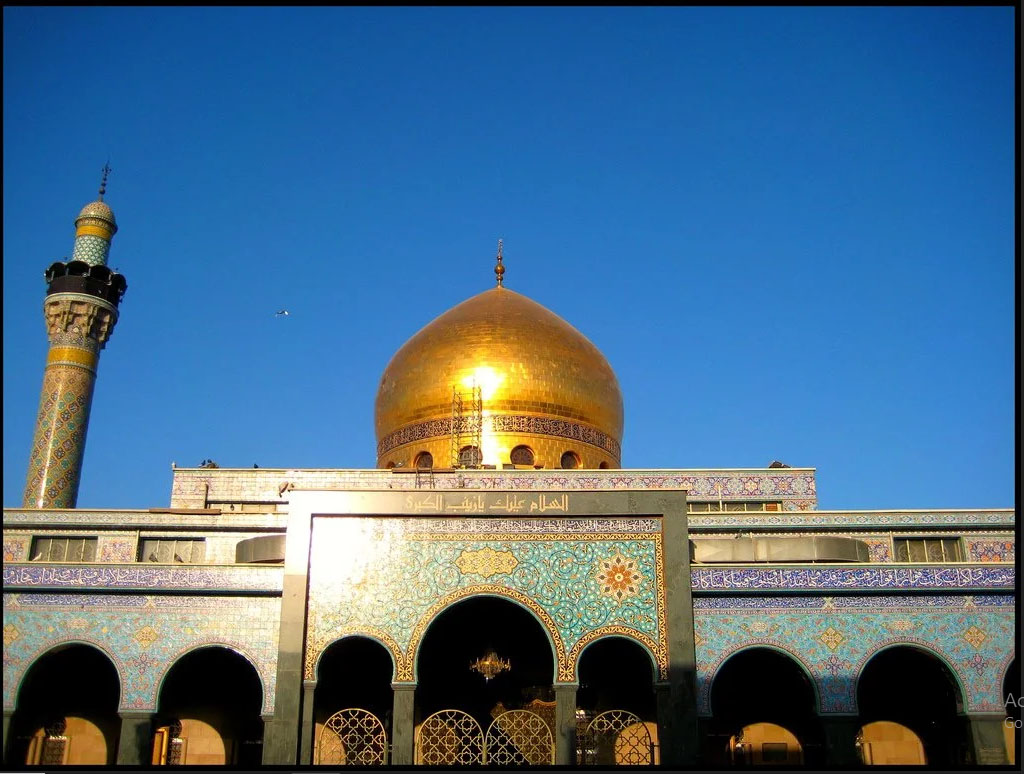Book Review on Islam & Blackness by Jonathan A.C. Brown
Reviewed by Yousuf Ali
I had the privilege of reading Jonathan Brown’s latest book Islam and Blackness. It is an impressive volume that addresses race issues in Islam from multiple angles. As usual, Brown demonstrates his erudition and knowledge of multiple languages in the citations he has. Furthermore, he does a good job of refuting orientalist aspersions upon Islam while at the same time not being apologetic about the reality of racism in parts of the Islamic tradition. Here are some key takeaways from the book:
- Blackness and race in general are highly contested and convoluted topics. There is a great deal of variation across time, place and culture.
- Those who argue that the Islamic sources (the Qur’?n and Sunnah) are racist against black people do so on extremely flimsy grounds such as arguing that Qur’?nic descriptions of evil doers as having “blackened” faces are literal and a literal interpretation of this phrase somehow equates to sub-saharan Africans. In fact, there is direct evidence to the contrary such as the Qur’?n saying that the differences in languages and colors amongst peoples are God’s signs.
- Nevertheless, anti-blackness has spread in certain parts of the Islamic tradition, particularly adherents to Sufi traditions and later scholars of the Maliki school. Most likely, these people were influenced by cultural attitudes that existed in spite of Islam, not because of it.
- Despite this point, there were always Islamic scholars both in and outside these traditions which opposed such racism, often directly referencing the Islamic sources.
- There are serious similarities in caste structure amongst Hindus and Muslims in the subcontinent, but the discrimination amongst Muslims never reached the levels we see amongst segments of Hinduism where members of lower castes were seen as ‘impure’ and barred from certain religious sites. This is in an appendix.
Overall, these are impressive points and well-supported by Brown’s research. The only thing I would say is that he could have been a little more forceful in his critique of Islamic scholars who clearly violated the religion’s teaching on racism. While we should respect scholarship and tradition, its importance is ultimately secondary and derived from the clear guidance of Allah and his messenger. Those who feel the need to find scholarship backing for everything they say may put themselves in an unnecessarily complicated position of having to balance between clear anti-racism from the Qur’?n and Sunnah and the reality that there were racist positions held by Islamic scholars. While Brown certainly navigates this reality fairly well, those with less experience may improperly give deference to aspects of the tradition which go against the religion’s primary sources. While this may seem benign in most areas, it could have disastrous consequences in this book’s subjects.
For Muslims who don’t have some training or knowledge of Islamic scholarship, the 6th chapter may suffice them. That said, the rest of the book is very fascinating as it does not just suffice itself with saying that Islam opposes racism but explores how Muslims have put this into action to varying degrees of success throughout Islamic history.





















2023
5,325 views
views
0
comments